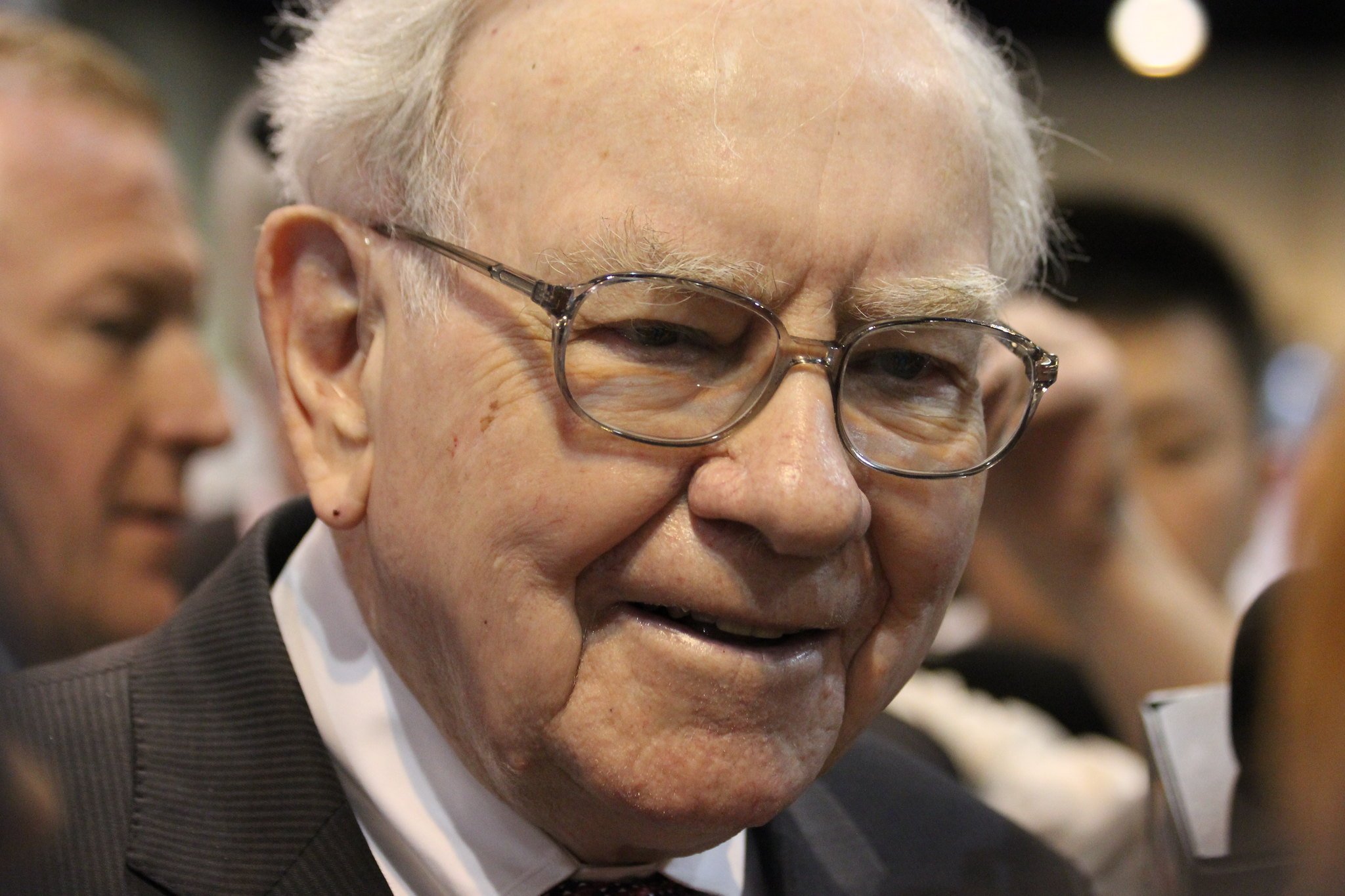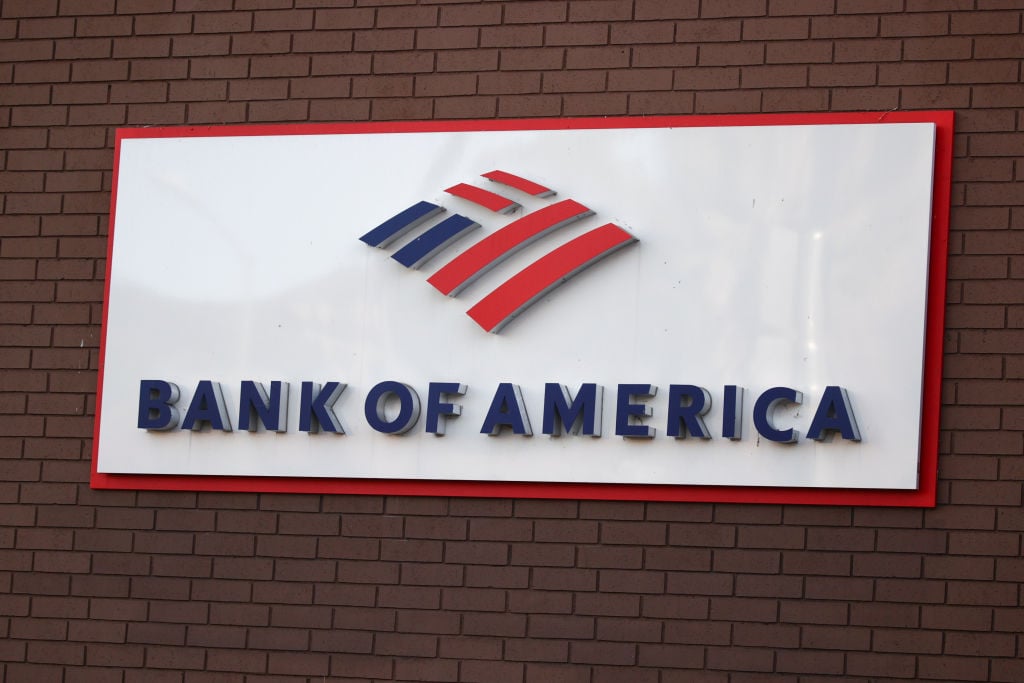Bank of America (BAC 1.18%) is a favorite among Foolish investors, and not without good reason. The bank performed like a thoroughbred in 2012, returning share-price gains of better than 100% for the calendar year.
But as far as the superbank has come since the financial crisis, it still has a long way to go before it returns to normalcy: stable, profitable, and a place where investor money is not only safe, but put to good use.
Here are five things that could still hobble B of A, stopping that return to normalcy from happening, or considerably slowing it down:
1. A major, unforeseen legal hit
If you begin counting from March 2008, when Bear Stearns was rescued from sudden collapse, we're more than five years out from the start of the financial crisis, yet related regulatory and other legal challenges remain for B of A as well as its peers.
Fellow superbank Citigroup (C 1.27%) just had a judge refuse to sign off on a $590 million settlement relating to billions in toxic mortgage assets investors claim the bank hid. And just this past January, B of A settled for more than $11 billion over allegations it sold to government-run housing giant Fannie Mae bad mortgages during the housing boom.
The moral of the story? Just when you think the financial crisis is over, it's not.
2. A multibillion-dollar rogue trader
Not only are the superbanks too big to fail and too big to jail, they're also too big to manage.
JPMorgan Chase (JPM 4.19%) and its infamous London Whale is a jarring case in point: a $100 billion derivatives bet made by a small group of employees that went unnoticed by senior management until it was too late, eventually costing the bank more than $6 billion and a year of terrible press.
CEO Jamie Dimon is unarguably one of the best risk managers in banking. If this kind of thing can happen at JPMorgan, it can happen anywhere.
3. A new regulation that kneecaps the business
The Dodd-Frank Wall Street Reform and Consumer Protection Act was passed in July 2010. Almost three years later, the final details are still being worked out, with the big banks and other financial institutions lobbying hard to make those details user friendly.
But with a Wall Street-phobic president angling to take back the House of Representatives in 2014 to get more legislation of all varieties passed, and the feeling among many on the left that a watered-down Dodd-Frank has let the side down, new banking restrictions aren't out of the question.
4. The end of quantitative easing
The accidentally released minutes of a recent Federal Reserve policy meeting show a Federal Open Market Committee debating not if, but when, to begin winding down its $85 billion per month program of bond purchases.
These bond purchases have been instrumental in driving the nation's housing resurgence, and have consequently made a lot of money for the banks because of increased home lending, B of A among them. When that money begins to dry up completely, or in part, all of the big banks are going to take a hit.
Wells Fargo (WFC 1.44%) is the nation's biggest home lender, and would certainly feel the effects of the winding down of QE3. But damaged institution that it is, B of A has much less room to maneuver than Wells or any of its peers from a revenue and profit perspective.
5. A big change at the top
I'm not a huge fan of CEO Brian Moynihan, but there's no doubt that he came on board at a critical juncture in B of A's history and stabilized a fast-sinking ship. More than that, I think he's actually begun the long process of turning that ship around.
But how many lives does a CEO have? How many more federal fines, massive settlements, and lousy earnings reports will the board put up with? Moynihan isn't necessarily B of A's savior, but he is getting the job done, and the superbank probably doesn't need a CEO transition either right now, or in the immediate future.
Foolish bottom line
Any one of these five situations could hurt any of the country's big banks, but for B of A, any single one would deliver more damage, and a combination of several could be a knockout blow. B of A needs more time to repair itself. In the meantime, there are many other healthy banks out there to invest your money in.









